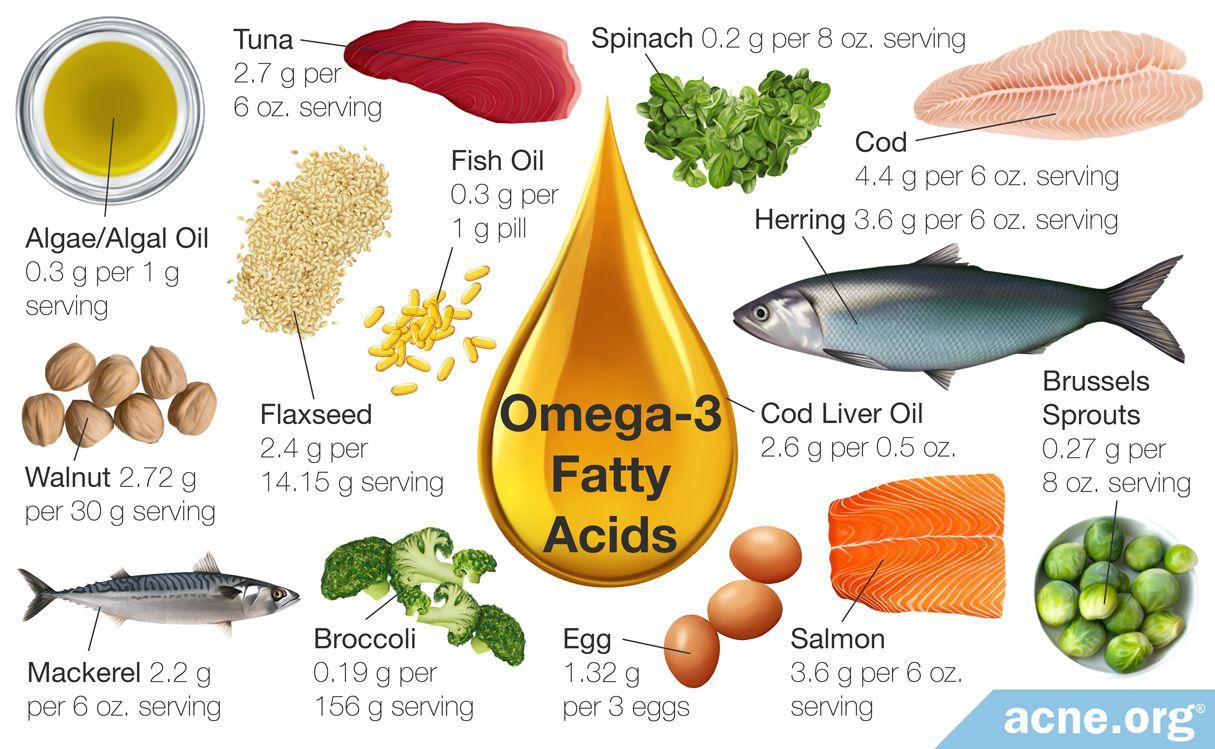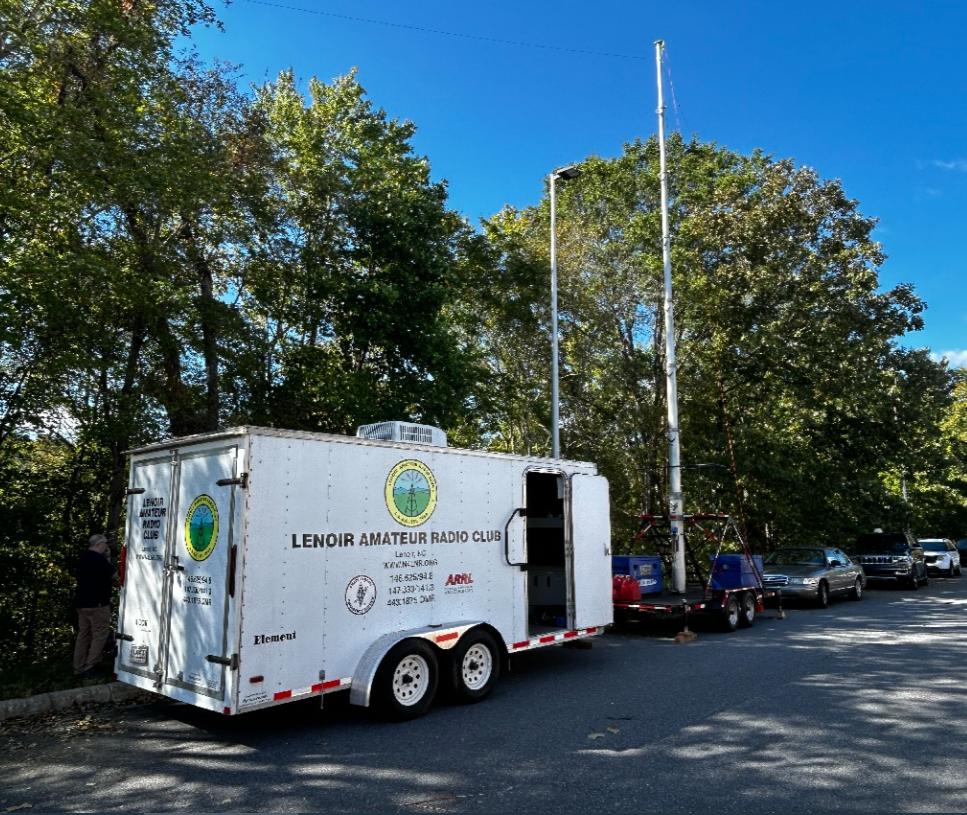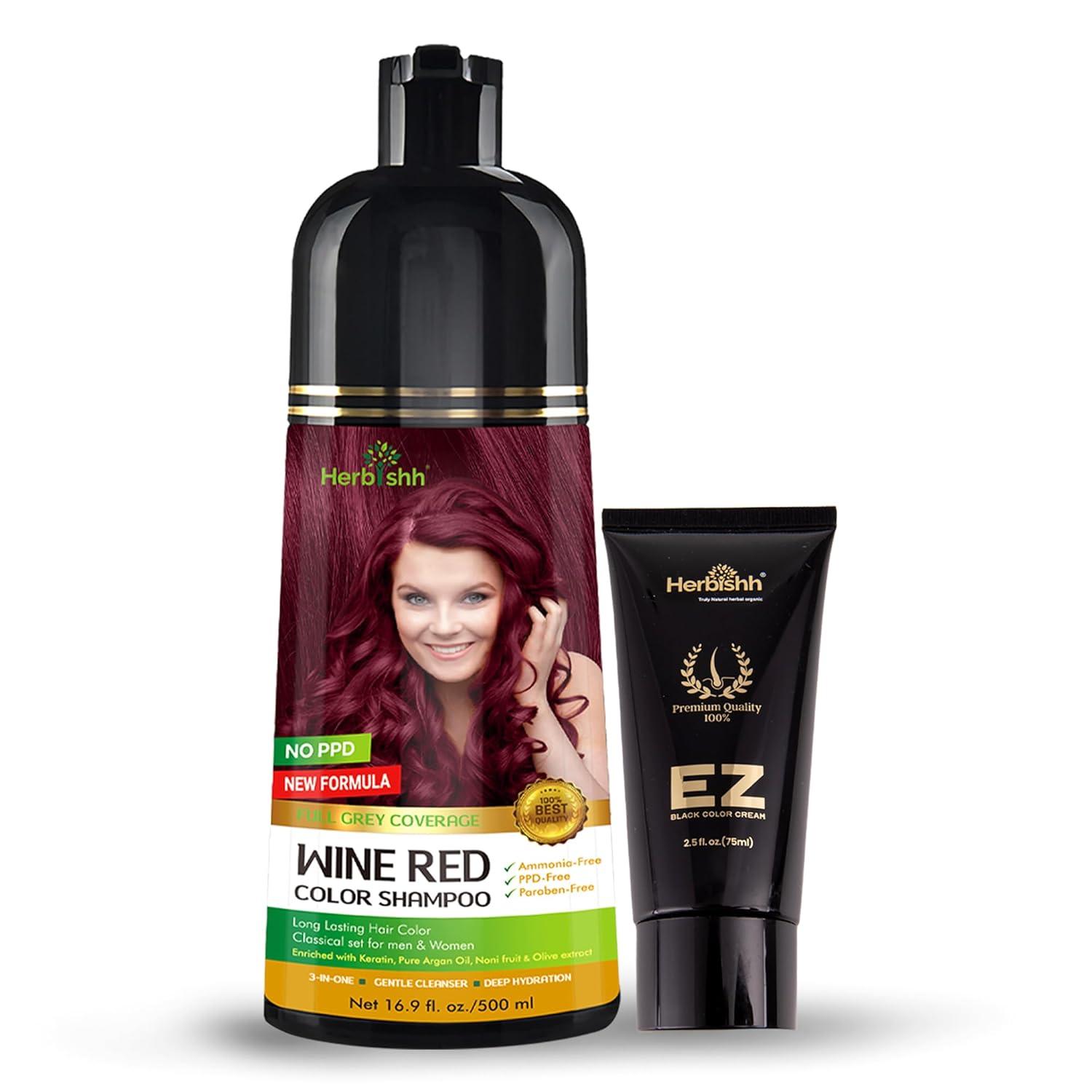Achieving peak physical performance requires more than just a rigorous workout routine; it demands a strategic approach to recovery that begins with the right nutrition. Whether you’re a seasoned athlete or a fitness enthusiast, understanding the is crucial in optimizing your training results and minimizing downtime. In this guide, we will delve into the essential nutrients and powerful foods that can accelerate muscle repair, reduce soreness, and enhance your overall recovery process. Armed with this knowledge, you can confidently fuel your body to bounce back stronger and more resilient after every workout.
Fuel Your Recovery with Protein-Rich Foods
To optimize your muscle recovery, integrating protein-rich foods into your diet is essential. Proteins play a crucial role in repairing and rebuilding muscle tissues after strenuous workouts. Consider adding these powerhouse foods to your post-workout meal plan:
- Lean Meats: Chicken breast and turkey are excellent sources of high-quality protein that support muscle repair and growth.
- Fish: Salmon and tuna not only provide ample protein but are also rich in omega-3 fatty acids, which reduce inflammation and speed up recovery.
- Dairy Products: Greek yogurt and cottage cheese are packed with casein and whey proteins, which aid in muscle repair throughout the night.
- Legumes: Lentils and chickpeas offer plant-based protein and are loaded with essential amino acids, perfect for vegetarians and vegans.
- Nuts and Seeds: Almonds and chia seeds are not only protein-dense but also provide healthy fats, which are vital for sustained energy and recovery.
Incorporating these foods into your diet will not only help you recover faster but also ensure that your muscles are well-nourished and ready for the next challenge.

Harness the Power of Antioxidant-Packed Fruits and Vegetables
To speed up muscle recovery, integrating fruits and vegetables that are rich in antioxidants into your diet is a game-changer. Antioxidants help combat oxidative stress and reduce inflammation, allowing your muscles to heal and grow stronger more efficiently. Berries, such as blueberries, strawberries, and raspberries, are small but mighty powerhouses packed with vitamin C and flavonoids that help protect your cells from damage. Adding a handful to your morning smoothie or post-workout yogurt can make a significant difference in your recovery time.
Another excellent choice is leafy greens like spinach and kale, which are high in vitamins A, C, and K, as well as minerals like iron and calcium that are crucial for muscle repair. Consider tossing them into a salad or blending them into a green juice. Don’t overlook the benefits of cruciferous vegetables such as broccoli and Brussels sprouts; these are rich in sulforaphane, which has been shown to reduce muscle damage. By making these antioxidant-rich foods a staple in your diet, you not only support your body’s recovery process but also promote overall health and well-being.

Boost Recovery with Omega-3 Fatty Acids
Incorporating omega-3 fatty acids into your diet is a strategic move for enhancing muscle recovery. These essential fats, found abundantly in certain foods, have powerful anti-inflammatory properties that can help reduce muscle soreness and speed up the recovery process. Consider adding the following omega-3-rich foods to your post-workout meals:
- Fatty Fish: Salmon, mackerel, and sardines are excellent sources. They not only provide omega-3s but also supply high-quality protein essential for muscle repair.
- Chia Seeds: These tiny seeds pack a punch with their high omega-3 content. Add them to smoothies, oatmeal, or yogurt for an easy boost.
- Walnuts: A handful of walnuts can provide a significant amount of omega-3s. Enjoy them as a snack or sprinkle them over salads for added crunch and nutrition.
- Flaxseeds: Ground flaxseeds can be mixed into baked goods, smoothies, or cereals. They are a versatile way to increase your omega-3 intake.
- Algal Oil: For those following a plant-based diet, algal oil supplements offer a direct source of omega-3s derived from algae.
By prioritizing these foods, you’re not just enhancing your diet but actively supporting your body’s ability to recover and perform at its best.

Stay Hydrated with Electrolyte-Rich Beverages
Replenishing your body with electrolyte-rich beverages is crucial for effective muscle recovery. These drinks help restore essential minerals like sodium, potassium, and magnesium, which are often depleted after intense workouts. Incorporating these beverages into your recovery routine can help reduce muscle cramps, maintain fluid balance, and support overall hydration.
- Coconut Water: Known as nature’s sports drink, coconut water is rich in potassium and offers a refreshing way to hydrate without added sugars.
- Sports Drinks: While commercial sports drinks can be beneficial, opt for those low in sugar and high in electrolytes to ensure you’re getting the best recovery benefits.
- Electrolyte Tablets or Powders: These can be added to water for a customized hydration solution, allowing you to control the intake of electrolytes and flavor.
- Watermelon Juice: Naturally hydrating and packed with electrolytes, watermelon juice is an excellent post-exercise option that also offers a boost of antioxidants.
- Homemade Electrolyte Drink: Mix water, a pinch of salt, a squeeze of lemon, and a touch of honey for a natural, hydrating beverage.




